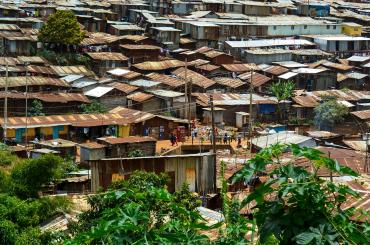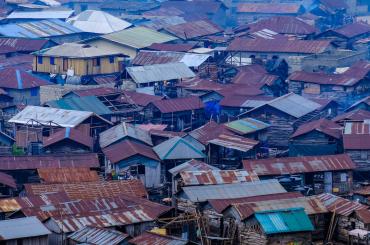
cities
-

How the urban environment can adapt to climate change
With rising rural-urban migration in developing countries, accelerated by climate change, it is crucial to understand how to incentivise adaptation in the design and construction of urban buildings.
-

Designing cities in developing countries: Land planning, slum upgrading and reconstruction programmes
The cities of developing countries are growing rapidly. How can economists design urban policy to raise the living standards of urban households?
-

The role of cities in economic development
Cities can be engines of growth. How can policymakers realise the benefits of cities while minimising the drawbacks of urbanisation?
-

Learning from the urban past
From infrastructure to institutional development, the histories of the world’s largest cities provide key lessons for those in developing economies
-

Can women find trust in the market?
In markets in Lusaka where chiefs serve as arbiter of contract disputes, women are more likely to trust their male counterparts and to share and cooperate more
-

Defining emerging market cities using lights at night
Satellite imagery of night-time city lights suggests that agglomeration is skill-biased in Brazil, China, and India, as it is in developed economies
-

Do subways improve urban air quality?
Data from around the world show that a new subway system can improve air quality in highly polluted cities
-
Technology rental and small firm productivity in urban Uganda
Rental markets for large machines between small firms allow them to achieve economies of scale, increasing mechanisation and aggregate productivity
-

Cities in the developing world
Should development economists focus more on analysis of cities?